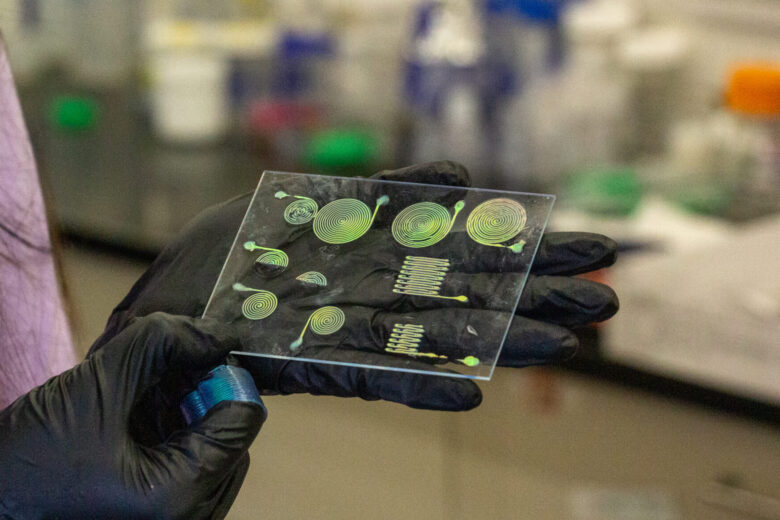
In a breakthrough that promises to reshape the future of smart materials, a multidisciplinary team of researchers from Penn Engineering, Harvard University, Duke University,* University … Read More ›

In a breakthrough that promises to reshape the future of smart materials, a multidisciplinary team of researchers from Penn Engineering, Harvard University, Duke University,* University … Read More ›
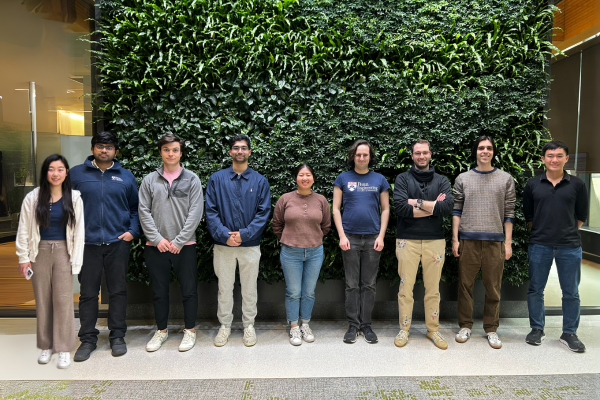
As AI continues to evolve, its integration into safety-critical domains, such as autonomous vehicles or medical diagnosis tools, has raised pressing concerns. Current machine learning … Read More ›
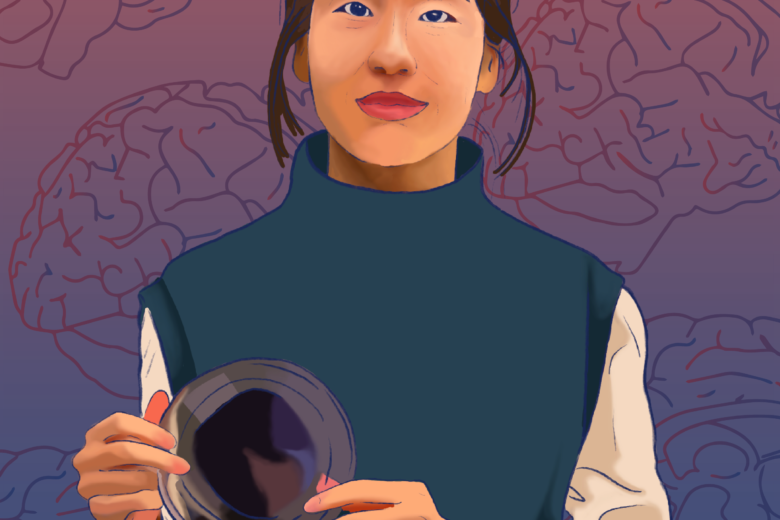
Jina Ko, Professor in Bioengineering in Penn Engineering and in Pathology and Laboratory Medicine in the Perelman School of Medicine, didn’t initially gravitate toward science … Read More ›

Christopher Madl, Assistant Professor in Materials Science and Engineering, has been awarded the prestigious Maximizing Investigators’ Research Award for Early Stage Investigators (MIRA) National Institutes … Read More ›

Claudia Loebel, Reliance Industries Term Assistant Professor in Bioengineering, recently joined Penn Engineering’s faculty in January, but already supports multiple graduate students and collaborators in … Read More ›

The Institute of Electrical and Electronics Engineers (IEEE) has announced the election of Cherie Kagan, Stephen J. Angello Professor in Electrical and Systems Engineering, as … Read More ›
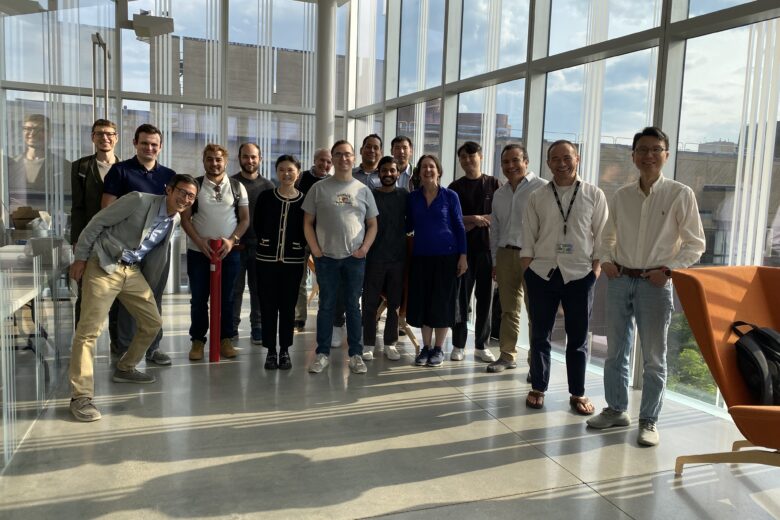
From smartphones to wind turbines, rare earth elements (REEs) are an essential part of the hardware in many advanced technologies. These elements, which include the … Read More ›
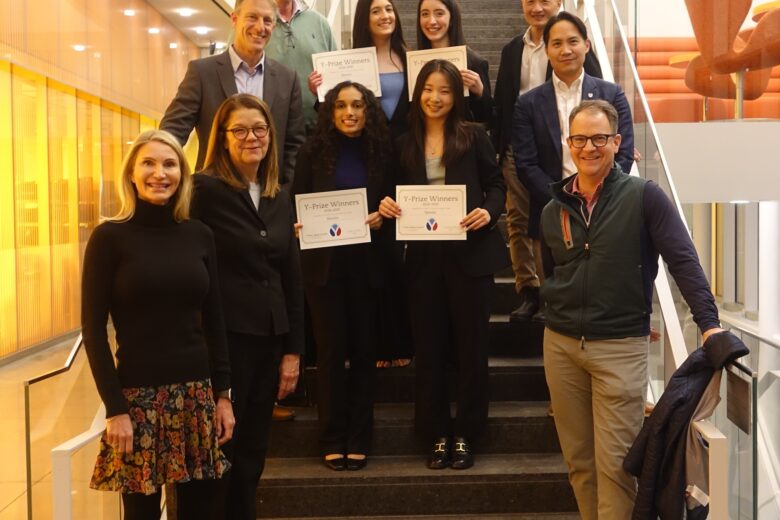
This year’s Y-Prize competition winner is an ambitious team of undergraduates aiming to bring Penn-developed technology to patients suffering with bile duct obstructions. Their proposed … Read More ›

The American Institute of Chemical Engineers (AIChE) has named Ravi Radhakrishnan, Professor and Herman P. Schwan Department Chair of Bioengineering and Professor in Chemical and … Read More ›

For someone who’s navigated multiple careers and passions, starting in music, pivoting to tech and now teaching engineering entrepreneurship, Jeffrey Babin, Practice Professor in Mechanical … Read More ›